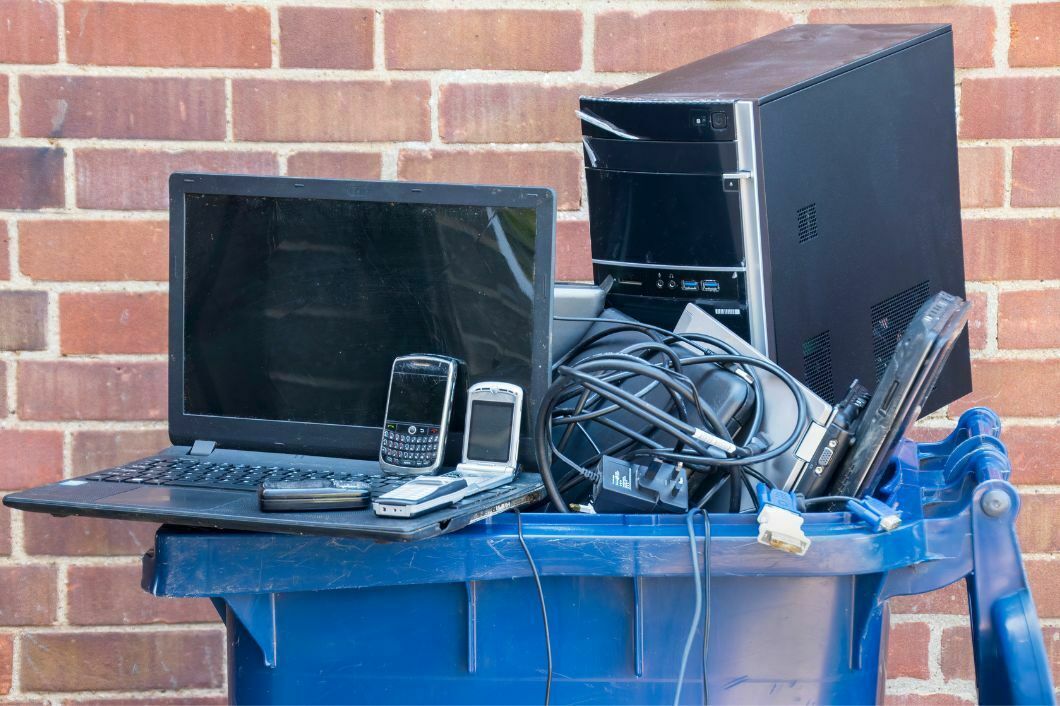Environmental concerns have been on everyone’s minds for the past few decades. Now that technology advances at rapid speeds, electronic waste has become a huge part of the conversation. While experts commit to reducing technology’s impact on the earth, individuals and businesses must do their part, too.
Properly recycling electronic waste helps mitigate the damage that computers, cell phones, and other devices have already had on our world. However, understanding the different ways e-waste harms the environment is essential for prevention. Make a difference by learning about the effects technology has on our planet.
Landfill Occupancy
Unrecycled electronics end up in dumpsters around the world, and waste professionals dispose of most dumpster waste in landfills. Your tossed gadgets occupy valuable space in landfills since their materials take years to decompose naturally.
As the global waste problem continues to rise, cities are running out of safe places to create new dump sites. Landfills can’t exist within certain distances of communities, so professionals have less space to work with. Repurposing e-waste will free up room in landfills for materials that aren’t recyclable.
Air Pollution
Another way e-waste harms the environment is through air pollution. This might be surprising since laptops, gaming systems, and other appliances run on electricity, not gas or coal. However, these items can produce toxic fumes when disposed of improperly.
Electronic waste that finds its way to incineration plants releases dangerous gases, like dioxins, that aggravate respiratory health. While burning e-waste is an effective way to isolate certain metals, it does more harm than good to surrounding communities and ecosystems.
Soil Contamination
Electronic devices contain heavy metals, flame-resistant chemicals, and toxic materials that can leak into the surrounding environments. If a landfill doesn’t have a geomembrane liner, decomposing sludge will escape into the nearby soil.
Soil contamination poisons wildlife while disrupting plant growth. Microorganisms can’t thrive in polluted soil, which decreases necessary biodiversity. It can also contaminate water that towns and cities rely on for drinking and bathing.
The good news is that more and more businesses and residents are accepting e-waste recycling as a disposal alternative. Technology does so many incredible things for society; if we continue to prioritize sustainable practices, devices will be more of a help than a hindrance.



